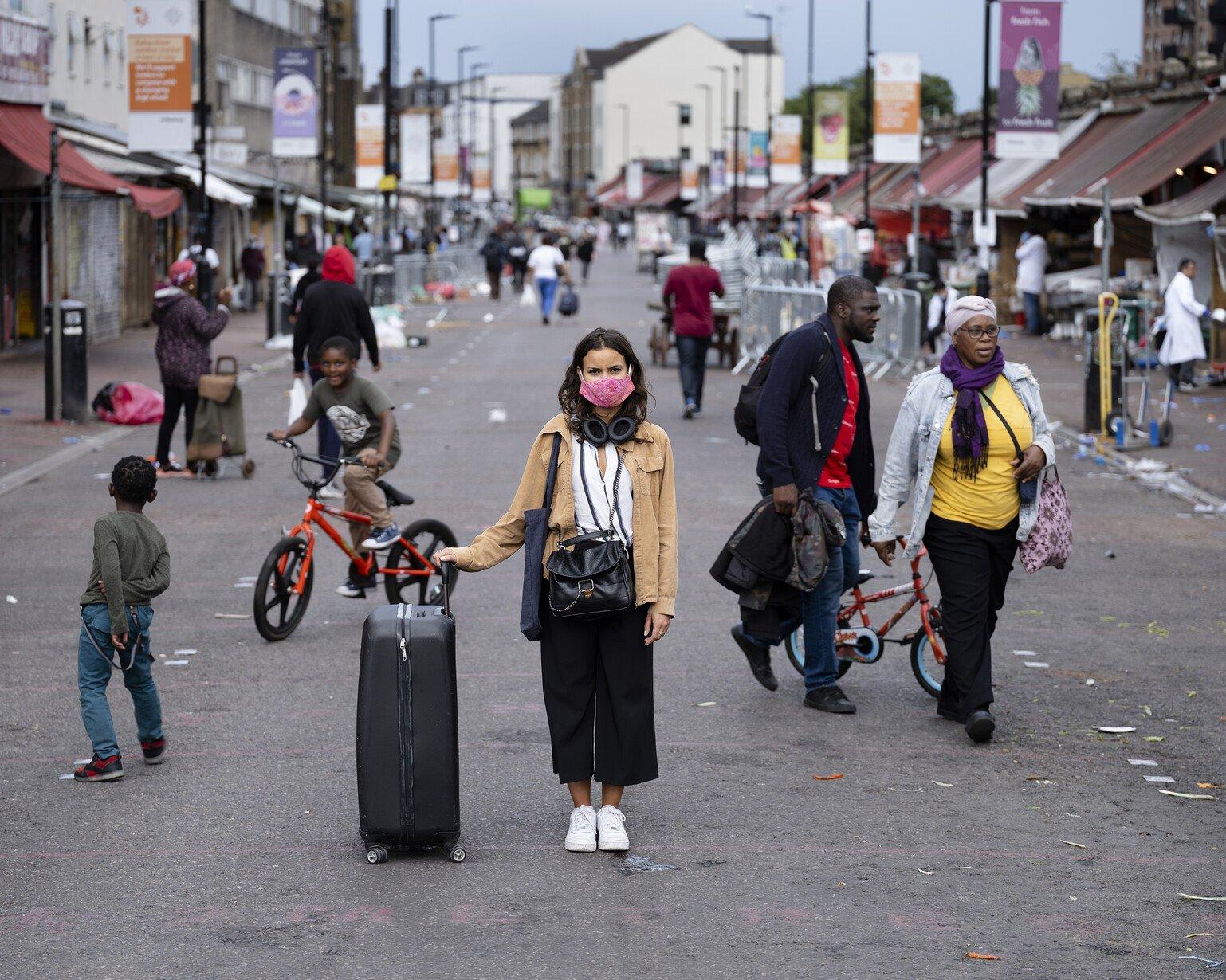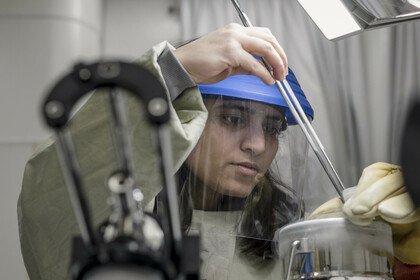
Wellcome’s new strategy gets extra boost, as organisation makes strongest returns in over two decades
Wellcome is making its biggest funding commitment to science and health in our 85-year history, thanks to our strongest investment returns in 25 years.

Gideon Mendel (assisted by Maria Quigley) / Wellcome Photography Prize 2021
With an investment portfolio now worth £38.2 billion, we are planning to raise our charitable spending to £16 billion over the next decade to fund science that supports a healthy future for everyone.
We have also committed an extra £750 million to fund large-scale, high-impact activities across five years, which we anticipate will grow to £1 billion next year.
As a growing organisation, we want to scale up in a deliberate and sustainable way, ensuring that we can consistently fund research to improve health in all economic climates.
“These returns mark a step-change in Wellcome’s ability to fund and support new discoveries in science and health, and help solve three of the great challenges of the 21st century – climate change, infectious diseases and mental health. With plans to spend £16 billion on our mission over the next decade, we will be increasing our spending from the previous decade by more than 50 per cent. This gives us a huge opportunity to increase our support for scientific research that will make a real difference to people everywhere in the years to come.”
The funding is a major boost for Wellcome’s new, more streamlined strategy, which focuses on three worldwide health challenges – mental health, infectious disease, and the health impacts of climate change. Underpinning it all is a broad programme of discovery research, which aims to give researchers the freedom to search for new knowledge.
Over the past year, we have also significantly increased our global policy and advocacy capacity in order to connect with governments worldwide and drive systemic change. This has included expanding our European presence, through our Europe Office in Berlin.
As part of our new direction, we will seek to support cross-sector, cutting-edge collaborations. For example, the public-private Coalition for Epidemic Preparedness Innovations (CEPI), which we co-founded in 2017, has played a pivotal role in pandemic preparedness and the Covid-19 response, bringing together a diverse range of global actors to support Covid-19 vaccine development and equity.
We also want to fund research that has the potential to change the way we understand life. As part of our £150 million commitment to the Covid-19 pandemic, we have supported genomics researchers to keep up with the virus. The Wellcome Sanger Institute was at one point responsible for half of the world’s Covid-19 sequencing, and funding genomics research in East Africa has generated the first Covid-19 data in places like South Sudan and Burundi.
Solving the most urgent health challenges of this century will take time, but our long-term approach will support researchers as they grapple with some of the biggest health questions facing us all.

